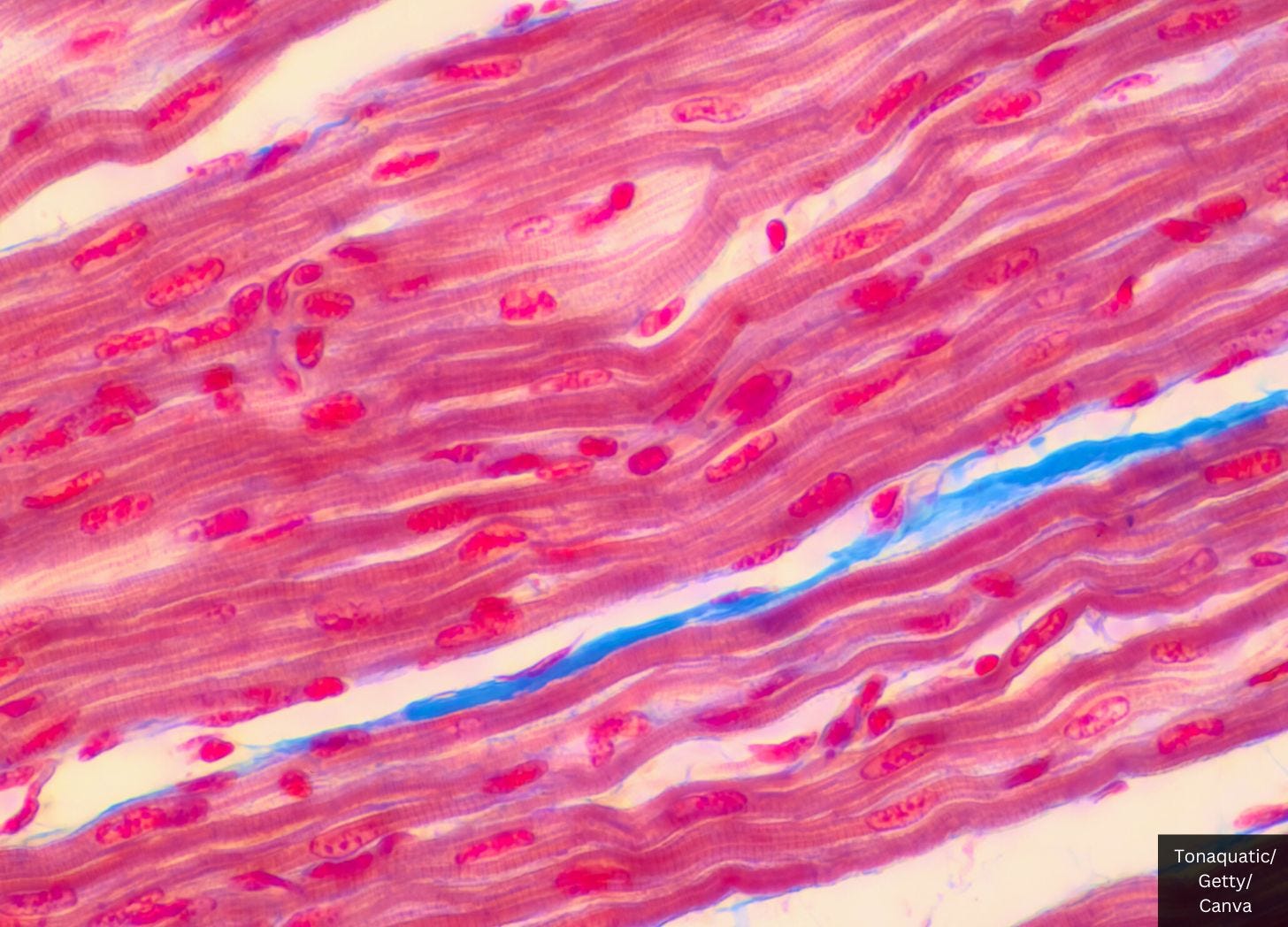Myocarditis Risk 9x Greater Following 3rd COVID-19 Jab: 'Journal of Evidence-Based Medicine'
Young males more likely to suffer the heart disease following vaccination.
A new pre-print study published Sunday in the Journal of Evidence-Based Medicine confirms there is an increased risk of contracting the heart disease myocarditis during the 1- to 3-day period following the second and third doses of both the Pfizer Inc. (BNT162b2) and Moderna Inc.’s (mRNA-1273) mRNA COVID-19 so-called vaccine.
Follow Jon Fleetwood on Instagram @realjonfleetwood / Twitter @JonMFleetwood
Myocarditis is inflammation of the heart muscle.
Pfizer’s safety data—only made available by order of a Texas federal judge—show the company was aware that myocarditis was linked to the company’s shot before making it available to the public.

“Myocarditis is a recognized safety concern following COVID-19 mRNA vaccination,” the new study reads. “[T]here is a pressing need to closely monitor the safety of COVID-19 mRNA vaccines following their release to the market.”
The study used data from the U.S. Vaccine Adverse Event Reporting System (VAERS), the Centers for Disease Control and Prevention’s (CDC) passive surveillance system that monitors vaccine injuries.
There were 1,773 VAERS cases of myocarditis identified following at least one dose of Pfizer or Moderna’s vaccine between December 24, 2020, and December 31, 2022.
Of these cases, 604 (34.06%) were associated with Moderna’s jab, while 1,169 (65.94%) were linked to Pfizer’s.
The authors note there was a predominance of males in both the Pfizer vaccination group (74.17%) and the Moderna vaccination group (67.22%).
“The younger population constituted the majority of myocarditis cases, with a median age of 21 years (interquartile range (IQR), 16—36) for the BNT162b2 vaccine and a median age of 32 years (IQR, 23–47) for the mRNA-1273 vaccine,” the study reads.
The median time to onset was 3 days, “indicating that most cases occurred within the first week following vaccination.”
A majority of cases (over 85%, 508/604 for mRNA-1273 and 1030/1169 for BNT162b2) occurred within the recommended dose interval.
Follow Jon Fleetwood on Instagram @realjonfleetwood / Twitter @JonMFleetwood
Using a “parametric” approach, the study authors underscored the observed safety concern for the second dose of Moderna’s vaccine, the risk being 2.86 (95% CI: 1.18–7.03) times greater, “indicating that the risk of myocarditis nearly tripled compared to the reference period.”
Similarly, for the second dose of the Pfizer vaccine, the risk was 4.89 (95% CI: 2.39–10.08) times higher.
A similarly elevated risk was observed within the same period after the third dose of both vaccines: Pfizer 9.04 times greater, and Moderna 4.71 times greater.
Moreover, results obtained through a “nonparametric” approach also demonstrated “significantly higher risks after the second or third dose compared to the first dose.”
The study reads:
“The RI for the period of 1–3 days after the second dose of the BNT162b2 vaccine was 5.18 (95% CI: 2.89–9.30) times higher than the same risk period after the first dose, and 2.91 (95% CI: 1.52–5.60) for the mRNA-1273 vaccine. Similarly, the RI ratios for the third dose compared to the first dose were 4.81 (95% CI: 1.56–14.81) for mRNA-1273 and 9.58 (95% CI: 2.79–32.93) for BNT162b2.”
Follow Jon Fleetwood on Instagram @realjonfleetwood / Twitter @JonMFleetwood


